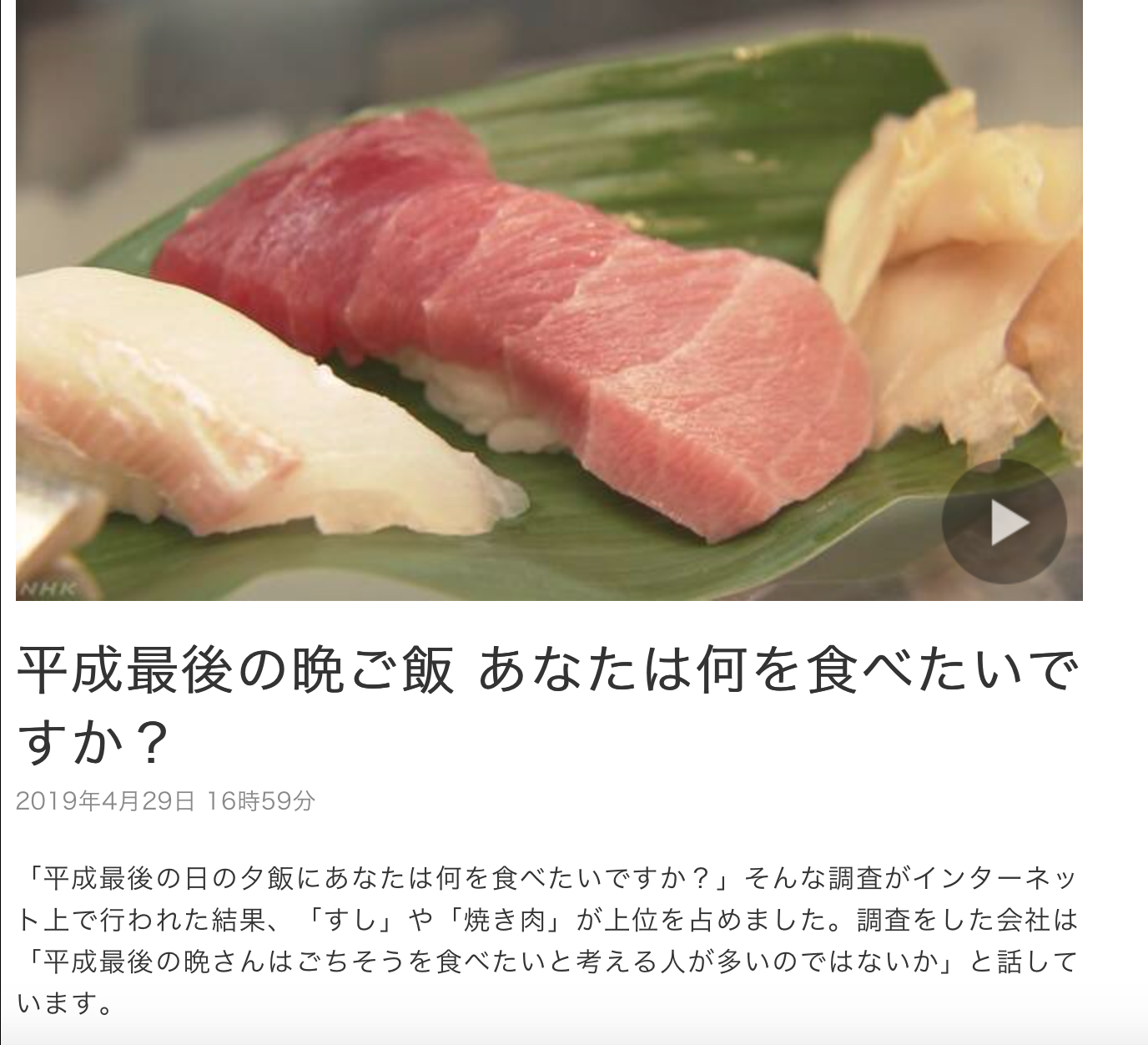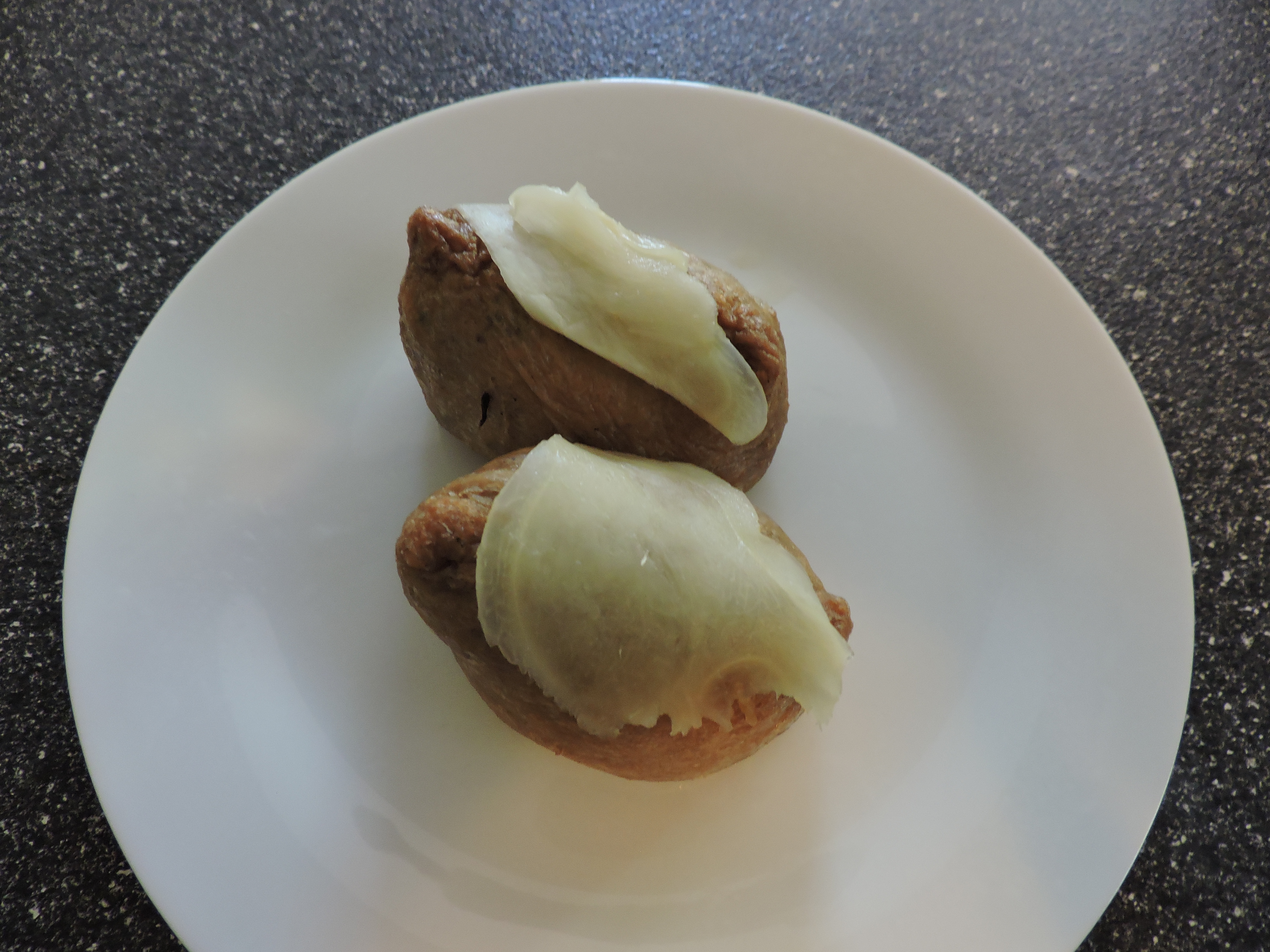“Based on a true story”, we will explain some very popular proverbs and adages: If you travel a hundred miles, etc.
Continue ReadingFAQ on the “X wa A ga B” Sentence Pattern / 文型「XはAがB」について、よくある質問
We will answer two very common questions on “A wa X ga Y”: (1) Difference between “Zoo no hana wa nagai” and “Zoo wa hana ga nagai” (2) “Subject” and “Topic”
Continue ReadingAn Approach to the “X wa A ga B” Sentence Pattern / 「XはAがB」の文型のとらえかた試論
“Watashi wa eiga ga suki desu” and a lot of other things can be said with this “A wa Y ga Z” sentence pattern. We will explain it with an image.
Continue Reading“Parents’ Teachings and Eggplant Flowers Never Fail to be Valuable” / 「親の教えとナスビの花は、千にひとつも仇がない」
We will introduce a Japanese proverb:”Your parents’ advice and eggplant flowers are always valuable.”
Continue ReadingA Class Observation Day / 参観日
We read a letter that a mother sent to a Japanese newspaper and we smiled. We think it will make you smile, too!
ある母親が日本の新聞に投稿した手紙を読んで笑いました。皆さんもきっと笑うと思います。Revised: 2021/6/26
What’s Your Last Dinner of the Heisei Era? / 平成最後の食事は?
ふりがな付き和訳は英文の後にあります。/The Japanese text with ruby is at the bottom of this page. What are you going to eat today or…
Continue ReadingHow to Make Inari-Zushi/ いなり寿司 の作り方
One of the most popular party foods, o-inari-san or inari-zushi is easy to make once you have the ingredients.
皆の好物の一つ、お稲荷さん(稲荷寿司)は、材料さえ手に入ればやさしい料理です。
Tips for O-Inari-san Making / 「おいなりさん」作りのコツ
[print-me] 和訳が英文の下にあります。ルビ付けは途中です。/ The Japanese translation is on the bottom of this page. Ruby is under construction. Mix su-meshi of carrot,…
Continue ReadingHow to Prepare Fried Bean Curd / 油揚げの下ごしらえ
Abura-age or fried bean curd is a familiar, everyday food in Japan. Learn what most Japanese home cooks know about how to treat it before actually cooking!
Continue ReadingTwo Words for “Mysterious” / 不思議と謎はどう違う?
Last update: 2/27/2021
Continue Reading


